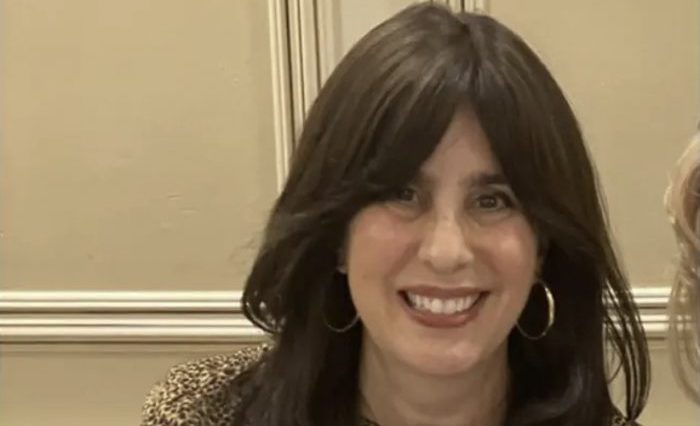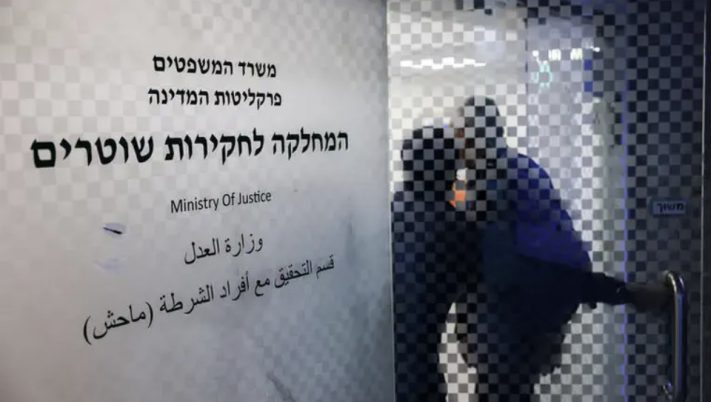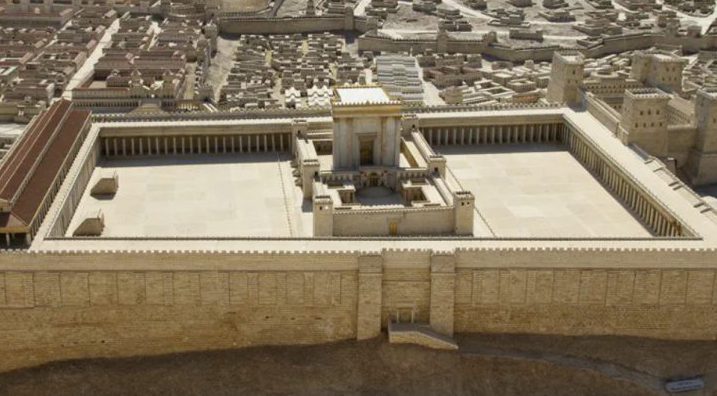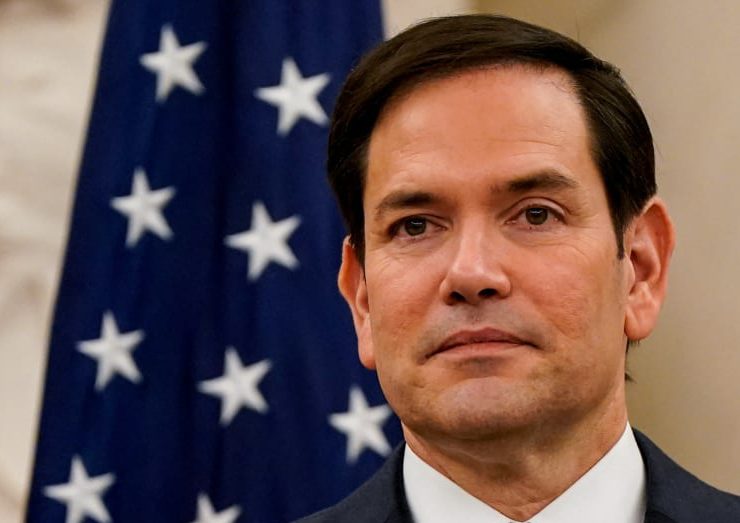Amid growing fear over Zohran Mamdani’s mayoral surge, NYC’s Jewish community is urged to rally behind a single candidate to prevent a political and cultural upheaval.
Over 300 people packed into the Whitestone Republican Club in Queens last week for what felt like a spirited town hall and warning flare rolled into one. The crowd, largely made up of white, blue-collar homeowners—with a scattering of Black, Asian, and Orthodox Jewish attendees—gathered to hear Republican leaders throw their support behind Curtis Sliwa in what many are calling the most consequential mayoral race in New York City’s modern history.
The mood was energized, patriotic, and anxious.
The club’s mission—founded on individual rights, free markets, and rule of law—framed the event, which felt less like a routine endorsement and more like a call to arms against what attendees see as an existential threat: the rise of Democratic Socialist candidate Zohran Mamdani.
Speakers including Councilwoman Vickie Paladino, Congressman Mike Lawler, and former Assemblyman Dov Hikind warned that Mamdani’s radical views, including admiration for “seizing the means of production,” posed a danger to the city’s economic foundation and social fabric.
“This is the financial capital of the world,” Lawler said. “Skyscrapers weren’t built by socialism—they were built by capitalism.” He mocked Mamdani’s privileged background and scorched his anti-capitalist rhetoric: “Ban the billionaires? Who pays for your free everything when they’re gone?”
Hikind was more alarmed, warning of a 25% drop in property values and denouncing Mamdani’s “globalize the intifada” slogan as outright antisemitic. Citing past terror attacks in Israel, he equated Mamdani’s language to support for violence against Jews.
But despite the heavy criticism, all the speakers acknowledged Mamdani’s savvy. His campaign is youthful, social-media driven, and infectious. Volunteers are zealous. His appeal is magnetic. And therein lies the danger, many at the event agreed.
Afterward, a poignant exchange captured the urgency. A Black woman in the crowd turned to a Jewish attendee and said: “I’m scared for you Jews. We will pray for you. We will fight for you.”
Those words, meant with kindness, landed like a gut punch. The mere need for such reassurance was a visceral reminder of the stakes. Fear was no longer hypothetical—it was confirmed, shared, and deeply personal.
That fear is mirrored in recent polling. A HarrisX survey shows Mamdani locked in a statistical tie with Andrew Cuomo and Curtis Sliwa in a four-way race. Mayor Eric Adams trails far behind. Cuomo, who lost badly in the primaries, is staying in as an Independent and has asked other contenders to step aside in September if they’re not leading—a call both Adams and Sliwa have rejected.
This deadlock only boosts Mamdani.
For NYC’s Jewish population—nearly one million strong—it’s a critical moment. The community must urgently align behind one viable candidate. The luxury of ideological purity or political grudges must be set aside.
During the pandemic, Cuomo angered many Jewish voters with his treatment of Orthodox neighborhoods. But he still received substantial support in the primary from the very communities he once alienated. Political forgiveness, in times of peril, is sometimes a necessity.
So far, Mamdani’s rivals haven’t presented a united front. But Jewish voters must.
Memories of the 1991 Crown Heights riots linger as a warning of what happens when a mayor either fails—or refuses—to act. Imagine the destruction a mayor could cause if they not only failed to act but endorsed the ideology behind the unrest. Mamdani has pledged to defund the police, a chilling thought in an era of rising antisemitic attacks.
This isn’t exaggeration—it’s reality.
Eric Adams has condemned antisemitism and recently signed an executive order recognizing the IHRA definition of antisemitism. But his dwindling popularity makes his viability questionable.
Curtis Sliwa, founder of the Guardian Angels and a decades-long ally of the Jewish community, has been a vocal opponent of antisemitism and anti-Zionism. During the Crown Heights riots, Orthodox Jews sought his group’s protection when police were told to stand down.
Is Sliwa the answer? Is Cuomo? Is another Independent?
That’s not the most important question right now.
What matters is this: Which candidate has the best chance of beating Mamdani?
And whichever one that is—the entire Jewish community must rally behind them without delay.
Unity is the only antidote to the growing peril. The time to decide is now.Over 300 people packed into the Whitestone Republican Club in Queens last week for what felt like a spirited town hall and warning flare rolled into one. The crowd, largely made up of white, blue-collar homeowners—with a scattering of Black, Asian, and Orthodox Jewish attendees—gathered to hear Republican leaders throw their support behind Curtis Sliwa in what many are calling the most consequential mayoral race in New York City’s modern history.
The mood was energized, patriotic, and anxious.
The club’s mission—founded on individual rights, free markets, and rule of law—framed the event, which felt less like a routine endorsement and more like a call to arms against what attendees see as an existential threat: the rise of Democratic Socialist candidate Zohran Mamdani.
Speakers including Councilwoman Vickie Paladino, Congressman Mike Lawler, and former Assemblyman Dov Hikind warned that Mamdani’s radical views, including admiration for “seizing the means of production,” posed a danger to the city’s economic foundation and social fabric.
“This is the financial capital of the world,” Lawler said. “Skyscrapers weren’t built by socialism—they were built by capitalism.” He mocked Mamdani’s privileged background and scorched his anti-capitalist rhetoric: “Ban the billionaires? Who pays for your free everything when they’re gone?”
Hikind was more alarmed, warning of a 25% drop in property values and denouncing Mamdani’s “globalize the intifada” slogan as outright antisemitic. Citing past terror attacks in Israel, he equated Mamdani’s language to support for violence against Jews.
But despite the heavy criticism, all the speakers acknowledged Mamdani’s savvy. His campaign is youthful, social-media driven, and infectious. Volunteers are zealous. His appeal is magnetic. And therein lies the danger, many at the event agreed.
Afterward, a poignant exchange captured the urgency. A Black woman in the crowd turned to a Jewish attendee and said: “I’m scared for you Jews. We will pray for you. We will fight for you.”
Those words, meant with kindness, landed like a gut punch. The mere need for such reassurance was a visceral reminder of the stakes. Fear was no longer hypothetical—it was confirmed, shared, and deeply personal.
That fear is mirrored in recent polling. A HarrisX survey shows Mamdani locked in a statistical tie with Andrew Cuomo and Curtis Sliwa in a four-way race. Mayor Eric Adams trails far behind. Cuomo, who lost badly in the primaries, is staying in as an Independent and has asked other contenders to step aside in September if they’re not leading—a call both Adams and Sliwa have rejected.
This deadlock only boosts Mamdani.
For NYC’s Jewish population—nearly one million strong—it’s a critical moment. The community must urgently align behind one viable candidate. The luxury of ideological purity or political grudges must be set aside.
During the pandemic, Cuomo angered many Jewish voters with his treatment of Orthodox neighborhoods. But he still received substantial support in the primary from the very communities he once alienated. Political forgiveness, in times of peril, is sometimes a necessity.
So far, Mamdani’s rivals haven’t presented a united front. But Jewish voters must.
Memories of the 1991 Crown Heights riots linger as a warning of what happens when a mayor either fails—or refuses—to act. Imagine the destruction a mayor could cause if they not only failed to act but endorsed the ideology behind the unrest. Mamdani has pledged to defund the police, a chilling thought in an era of rising antisemitic attacks.
This isn’t exaggeration—it’s reality.
Eric Adams has condemned antisemitism and recently signed an executive order recognizing the IHRA definition of antisemitism. But his dwindling popularity makes his viability questionable.
Curtis Sliwa, founder of the Guardian Angels and a decades-long ally of the Jewish community, has been a vocal opponent of antisemitism and anti-Zionism. During the Crown Heights riots, Orthodox Jews sought his group’s protection when police were told to stand down.
Is Sliwa the answer? Is Cuomo? Is another Independent?
That’s not the most important question right now.
What matters is this: Which candidate has the best chance of beating Mamdani?
And whichever one that is—the entire Jewish community must rally behind them without delay.
Unity is the only antidote to the growing peril. The time to decide is now.





